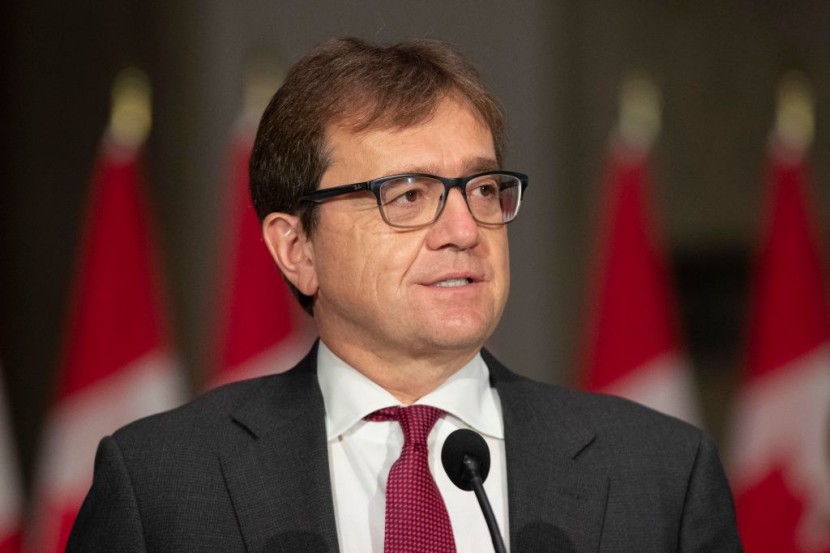
Canadian authorities have announced plans to increase the country's oil and gas exports this year which could result in up to 300,000 more barrels per day in an attempt to replace Russian supply amid the invasion of Ukraine.
The announcement was made by Canadian natural resources minister Jonathan Wilkinson in a Thursday talk. He said that the decision would lead to a roughly 5% increase in exports which aims to support Canada's allies to respond to the "energy security crisis" caused by Moscow's war on its neighboring country.
Increased Oil Production
In his remarks, Wilkinson, who was in Paris at the time to participate in a meeting at the International Energy Agency (IEA) headquarters, said that Canada's European friends and allies needed the supply. He also encouraged other nations to lend a helping hand and step up to the plate to assist the world.
The minister said that many nations were calling for help to get rid of their dependence on Russian oil and gas in the short term. He said they wanted to speed up the energy transition across the continent, arguing that Canada was in a unique position because it was capable of helping with both issues, as per Aljazeera.
However, in a statement, the Canadian Association of Petroleum Producers' Ben Brunnen said that a short-term increase in oil and gas production carries risk for the country's industry. On the other hand, a government source said that while Canadian authorities are unable to control the destination of the oil, it could still help the market once it is made available.
Currently, Canada is the fourth-largest oil producer in the world and could have the resources needed to supply much-needed products. Last week, the IEA urged governments to immediately implement measures to cut global oil consumption after fears of dwindling supply due to Russia's invasion of Ukraine.
According to NDTV, the war has caused surging prices in fuel worldwide and has caused major economies to take immediate actions against Russia, imposing sanctions on its lawmakers and companies. On Thursday, oil prices fell with Brent North Sea crude, the main international benchmark, dipping below $120 per barrel to trade at roughly $116.
Effects of Russia-Ukraine War
Wilkinson added that Canada was coordinating with officials from the U.S. Department of Energy. They are working to make the increased volumes of oil and gas from existing pipelines to be shipped efficiently as crude or refined before export.
The minister said that the oil produced by the process will be distributed to the international markets that desperately need the supply. Wilkinson added that some of the oil that does not go to Europe could be utilized by the U.S. to offset some of the supply that has been hampered due to sanctions on Russia.
Wilkinson said that the additional natural gas production will mainly be shipped through the U.S. to various destinations in Europe. The situation comes as the largest producers in Canada's energy patch have been wary with respect to growing production despite the effects of Russia's war on Ukraine, Yahoo Finance reported.
Related Article:
Demand for Electric Bikes Surge as Consumers View Oil, Gas Price Crisis as Long-Term








